7 Things That Will Happen Due To The UK’s 2030 ICE Ban
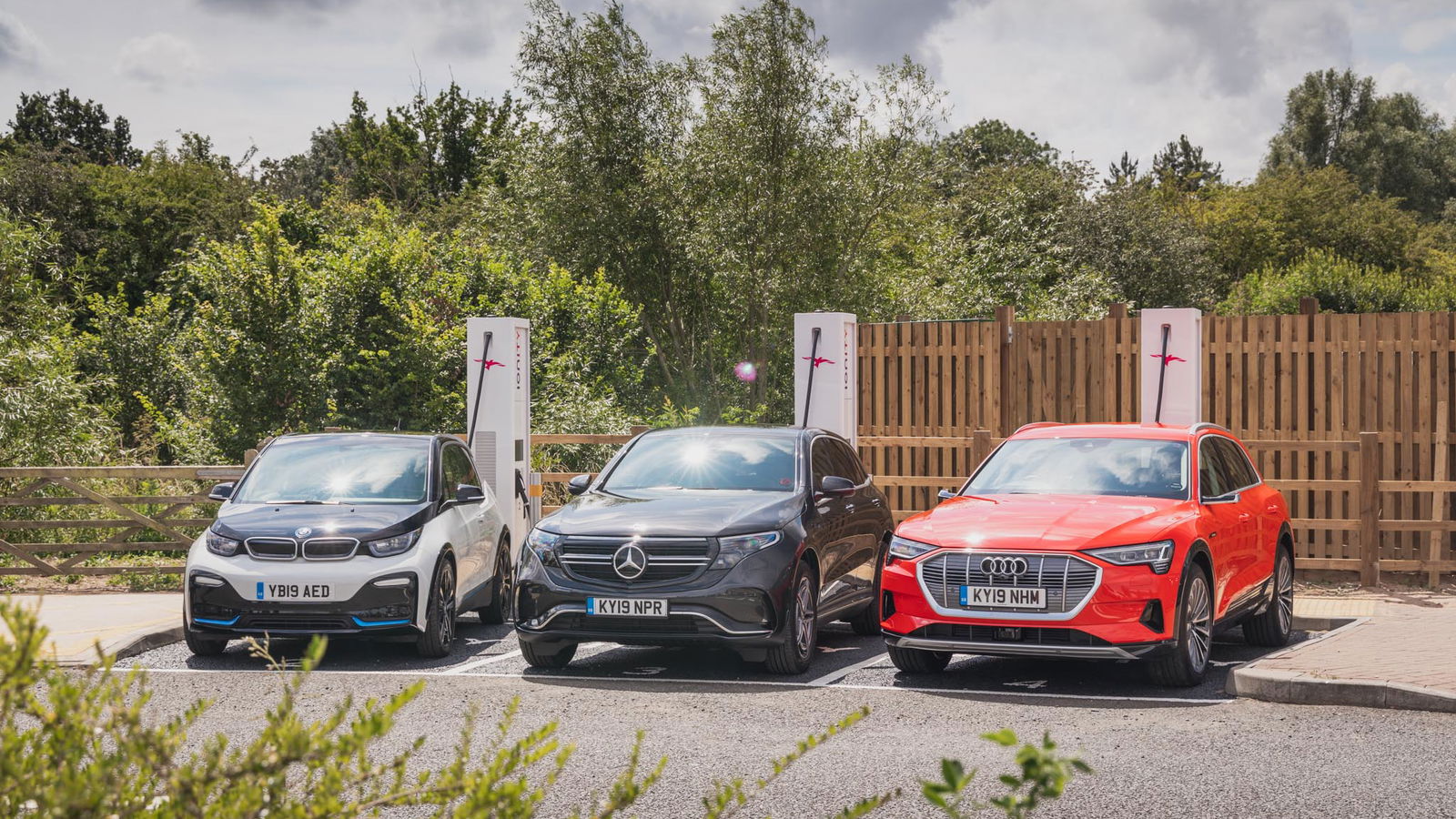
In banning new cars powered by internal combustion engines from the alarmingly soon date of 2030, the UK has pulled the trigger on a chain of events we should be able to predict with a fair amount of accuracy.
It’s not all good news and it’s not all bad. Bentley has already announced it will abandon ICE technology by 2030 anyway, so it’s well placed to carry on with business as usual. For the rest of the industry, though, especially makers of big-selling cheaper cars, this is a nightmare. Let’s explore a few of the collateral effects we should see by the end of 2029.
More cities banning ICE-powered cars ASAP
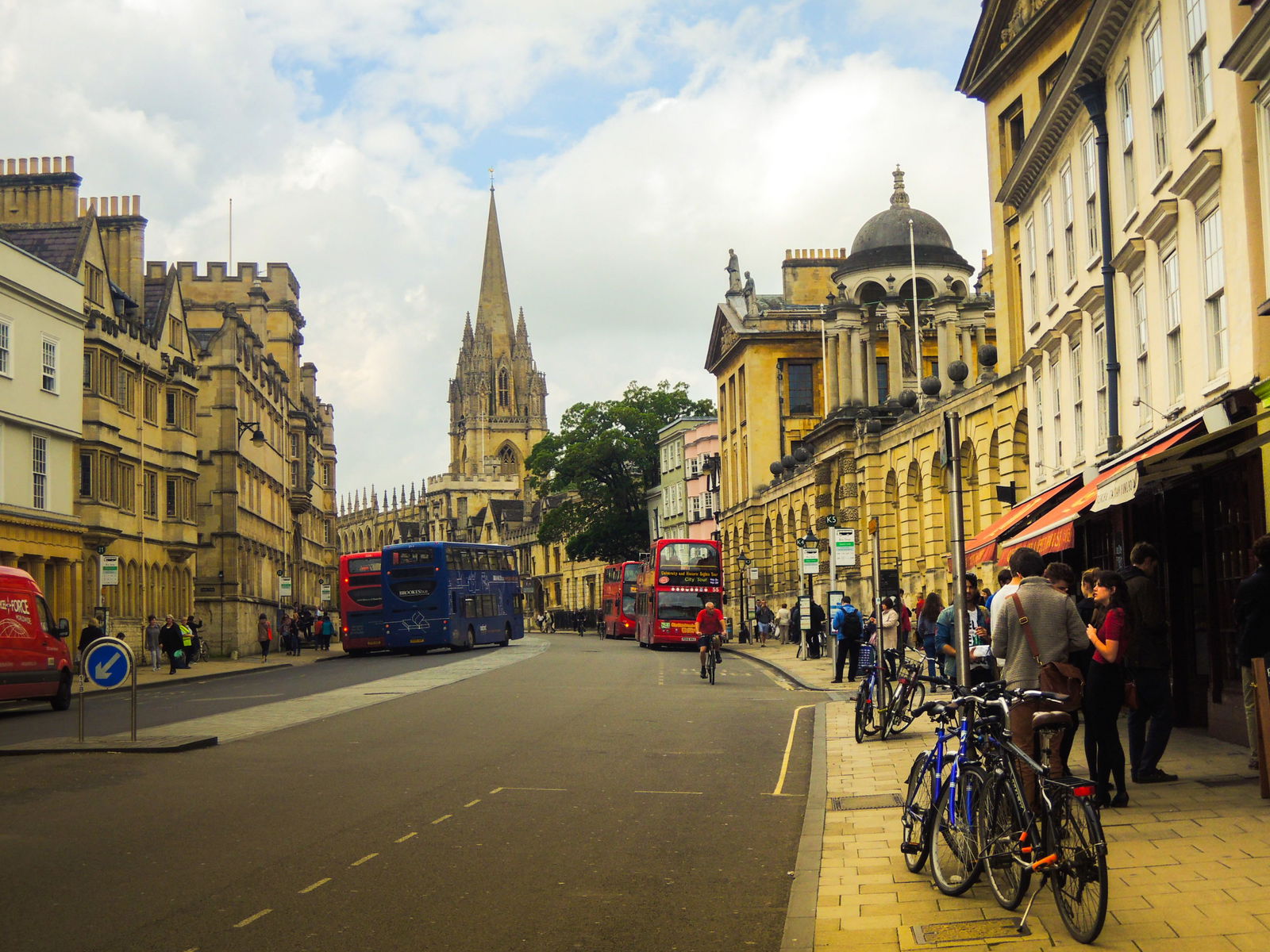
Oxford has pushed back the start of its city-centre ICE-car ban to August 2021, but it will almost certainly inspire other urban areas to do the same. The big ones will come first; Manchester and Birmingham, along with those cities whose councils want – or legally need – to do something about their air pollution issues.
Soon enough, clinging to the current (soon to be thought of as the ‘old’) ways will become a political disaster. Electric transport will be shoved unceremoniously to the tops of many a council agenda, so expect to see a few wild, wacky and potentially badly thought-out transport schemes around the country as elected officials with no real understanding of the automotive industry rush to make policies in an attempt to win votes.
A pantheon of last-gasp ICE-powered special editions
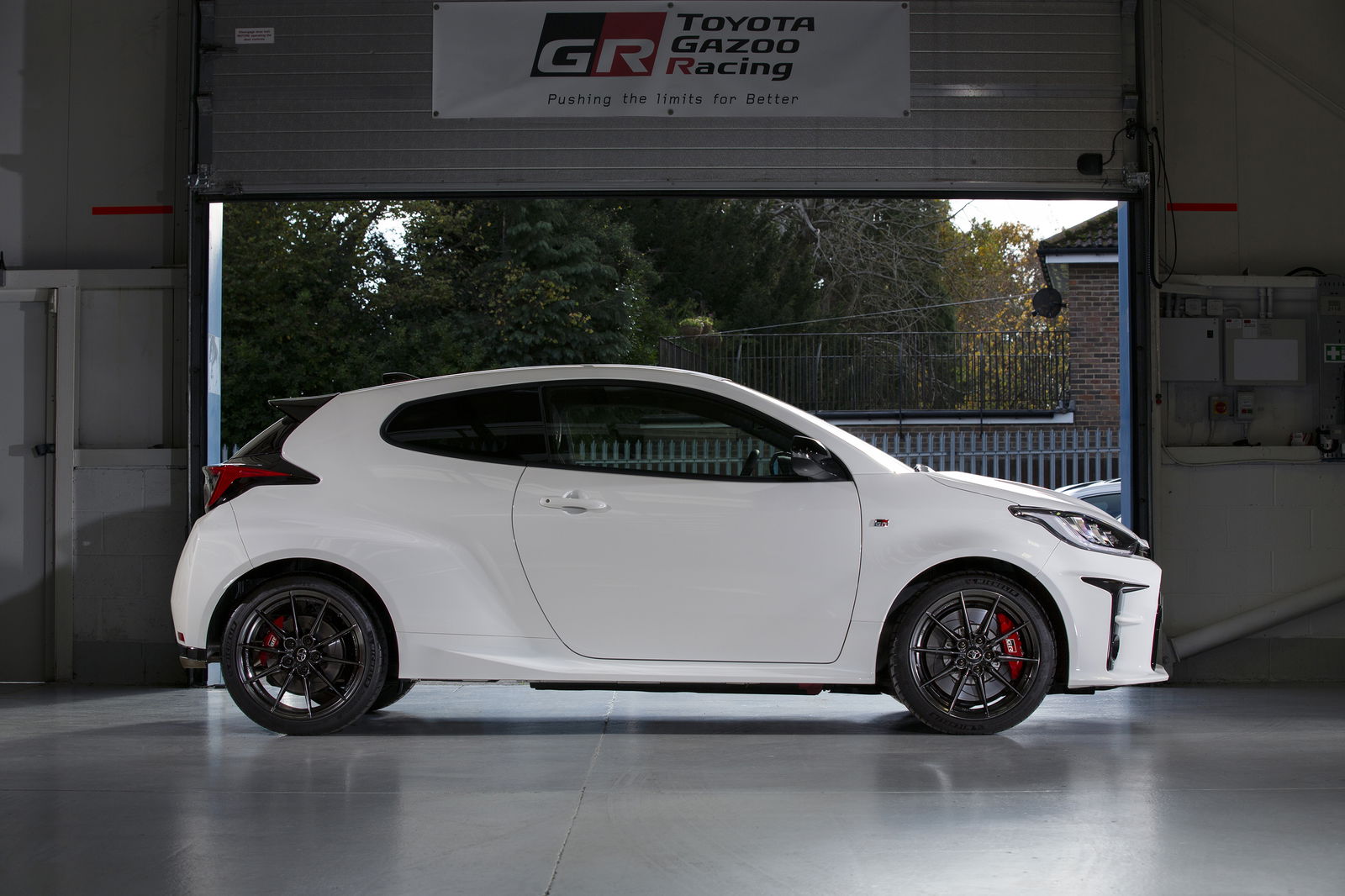
This decade will give manufacturers their last chance to put their full muscle behind the more interesting right-hand drive cars that they make. Anything remotely focused on turning petrol into smiles will emerge as one final best-of-the-best UK iteration. Picture what Porsche is likely to do with the 911 and six-pot 718s, and what staggeringly good hot hatchbacks we’re hopefully soon to see from Ford and Honda.
Whether these get used properly or just get snapped up by rich collectors only to emerge with delivery mileage at auctions 40 years from now, we can’t say. Probably a mix of both, and of course some manufacturers won’t go the whole hog anyway if they don’t sell enough cars to us. They’ll stick to a few trim extras and a special edition badge instead.
Higher prices for all cars, ICE-driven or not
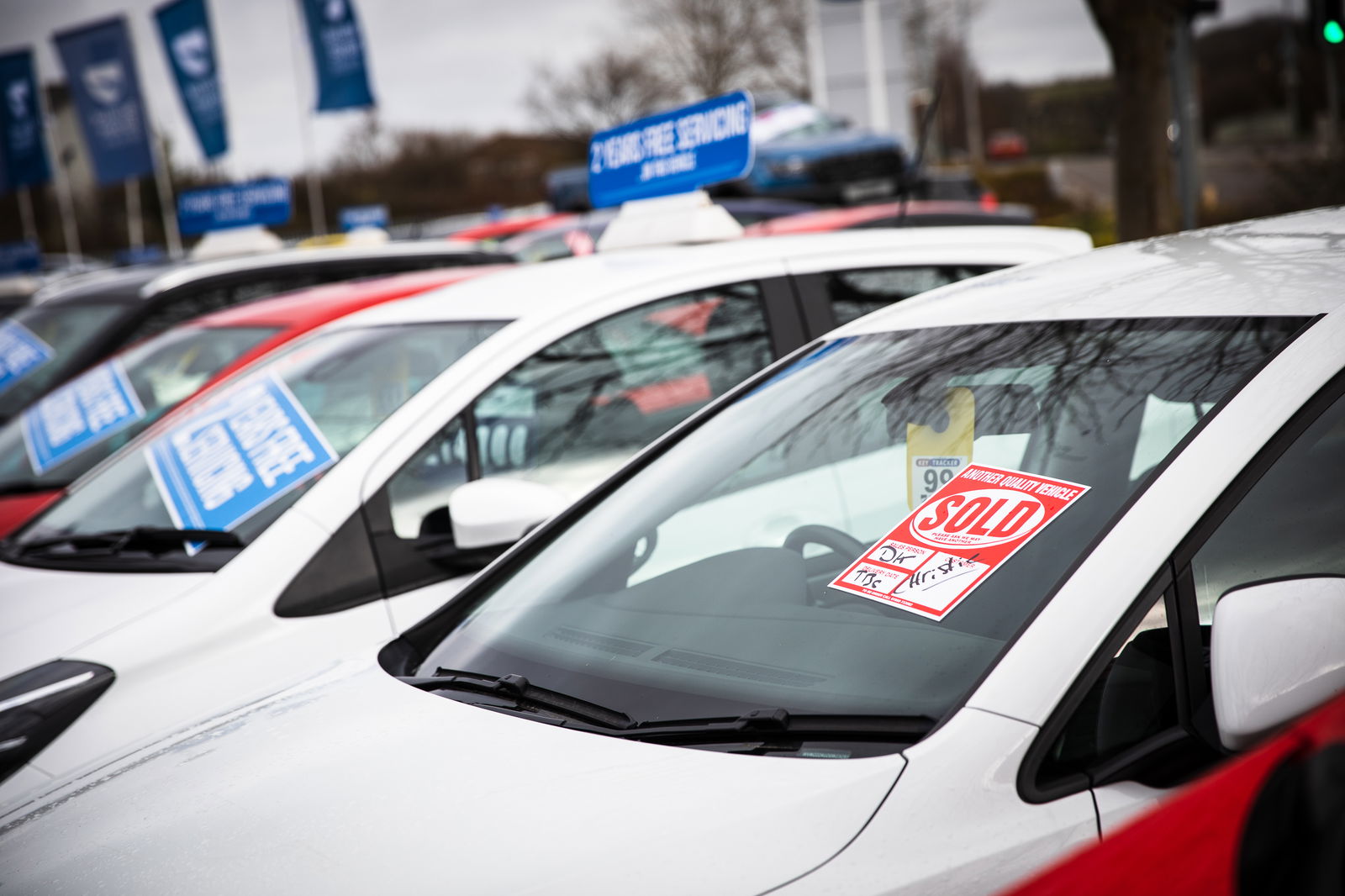
All across the industry, sweaty-palmed executives have pushed big, red panic buttons in response to the speed at which they’re being asked to switch from ICE tech to BEV. The UK is unlikely to be the last major market to slap a 2030ish date on the planned switchover, and car makers know it. France and Germany are under pressure to match the UK, but, as two of the largest European left-hand drive markets, they are doubtless being lobbied hard against this by their resident manufacturers at PSA and VAG.
Manufacturers have two options: completely pull out of the UK until enough other markets adopt an EV-only stance (currently 2040), when the economics of going back to the UK market will make sense again, or increase prices by a big chunk to help cover the cost of developing new BEV models at record speed. Expect the latter. With higher new-car prices will come higher used-car prices. That’s just the way it works and we’ll be forced to suck it up.
Aside from the rarefied few cars as described above, the car market is going to be pretty boring anyway. We already know the Mercedes-AMG C63 is halving its cylinder count to a piffling four. Petrol particulate filters have effectively stuffed some of the most exciting engines full of sedatives and sent them to a padded hospital ward. Emissions regs aren’t killing the market’s exciting engines; they’ve already killed them. Even the 2000s, which basically feel like yesterday, were a utopia of engine noise and dynamic fizz compared to the current market.
Add to that the dwindling likelihood that anyone, anywhere, will put any meaningful investment into UK-bound models that are only going to be on sale for a year or two, and you have a market full of older and absolutely straight-laced models designed only for Joe Average and the EU emissions matron.
Manufacturers will expand the charging infrastructure
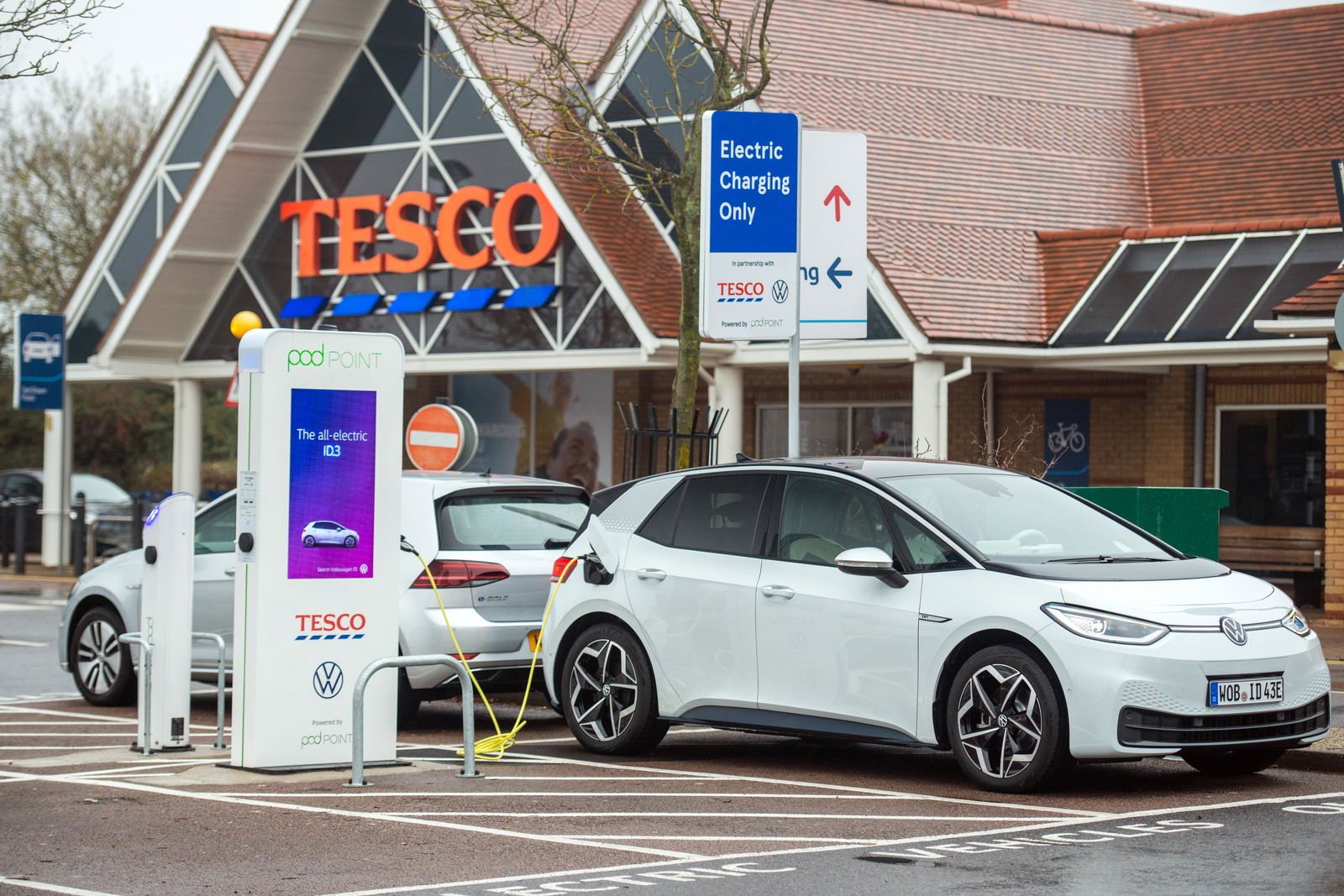
If car makers want us to adopt electric models quickly and in big numbers, they’re going to need to step it up when it comes to chargers. It should become pretty common to get a ‘free’ home-based charger with every new BEV, for starters. Putting muscle behind the general public charging infrastructure – as VW is doing with Pod Point and supermarket chain Tesco – will become essential marketing guff in the late 2020s for any manufacturer that wants to sell well here from 2030 onwards.
Supply issues for all smaller and more affordable cars
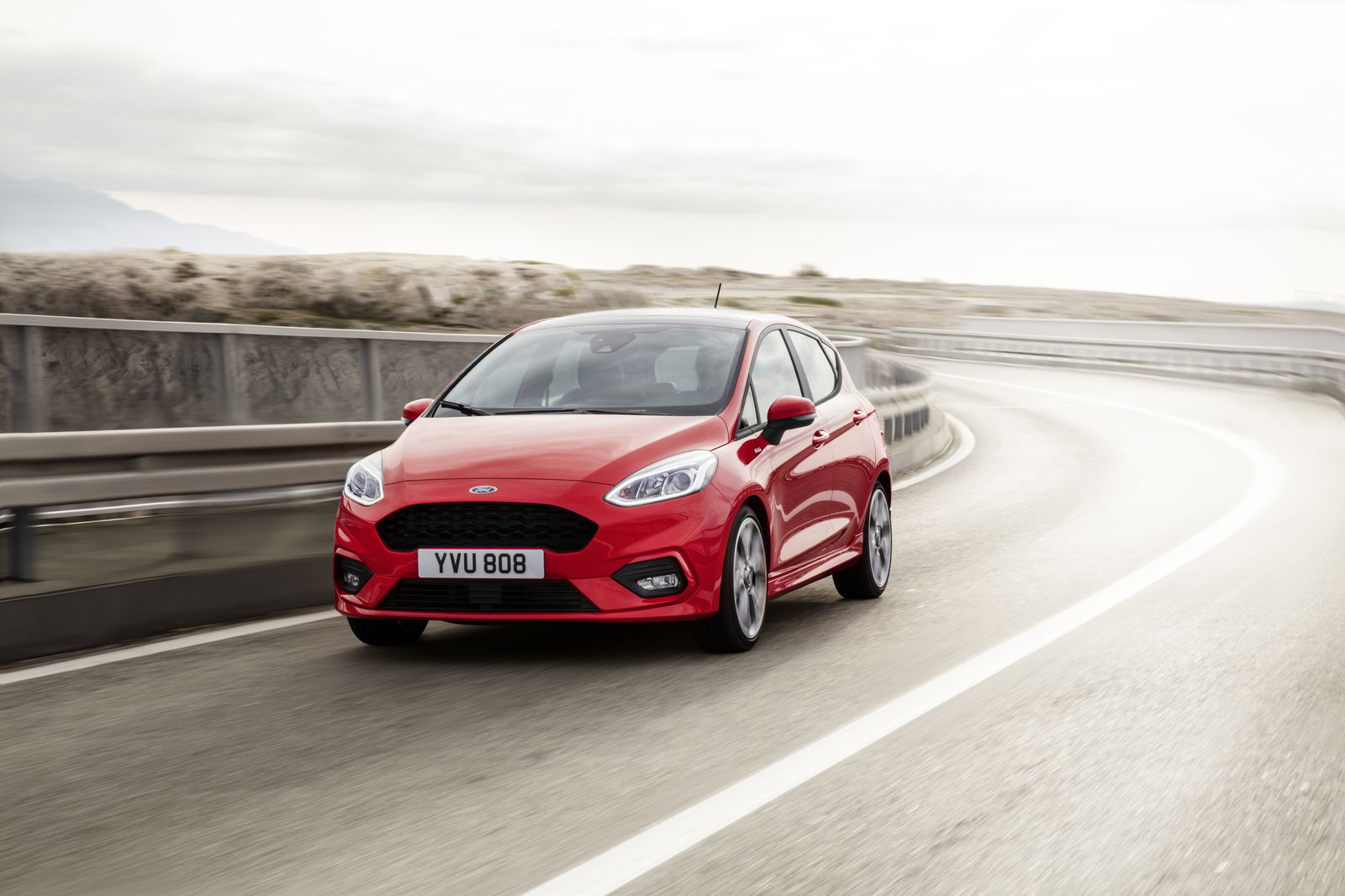
Not everyone is going to like the idea of paying £25,000 for an electric supermini, so they won’t. In the years immediately before the ban, smaller and more affordable cars are going to be hot property as people – especially older and retired people – buy them with a view to keeping them for the rest of their lives. Demand will be huge. You won’t get much discount on them, and in some cases you might be lucky to get one at all.
Finally an end to ever-broken charger units
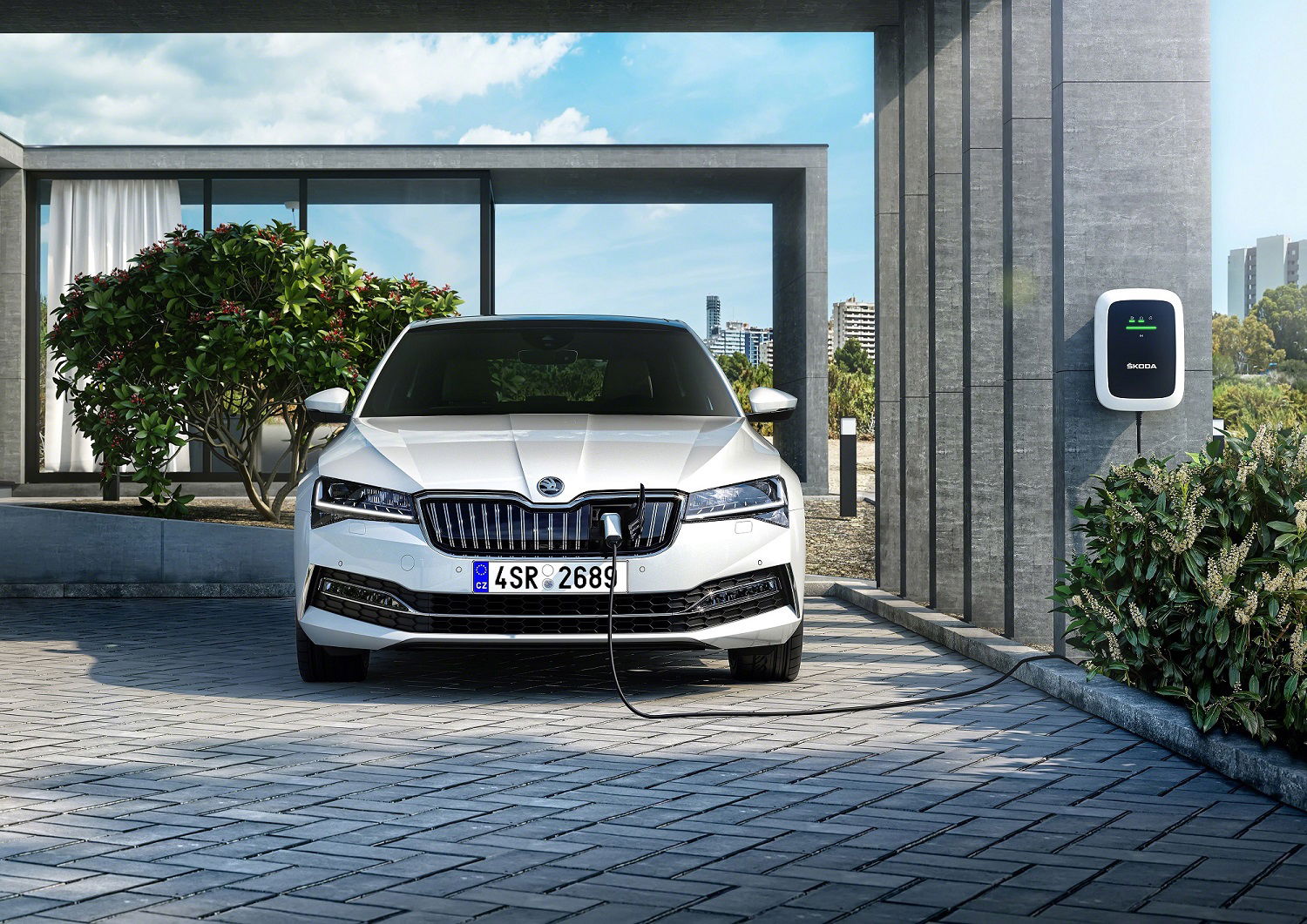
The biggest problem with owning an EV right now is just how frequently the chargers fail to work. For whatever reason they either don’t charge, don’t recognise there’s a car plugged in, charge so slowly they can barely overcome the heady drain of the car’s internal clock, or otherwise just refuse to communicate with their remote server. It’s pathetic.
In a nation increasingly reliant on battery juice to function, that’s going to have to change. Suppliers will be getting so many complaints that the future regulatory body will step in and deliver the administrative People’s Elbow to anyone not providing reliable chargers. Even if you’re not planning to jump ship to EV power right away, at least when you do the infrastructure should work better than it does now.
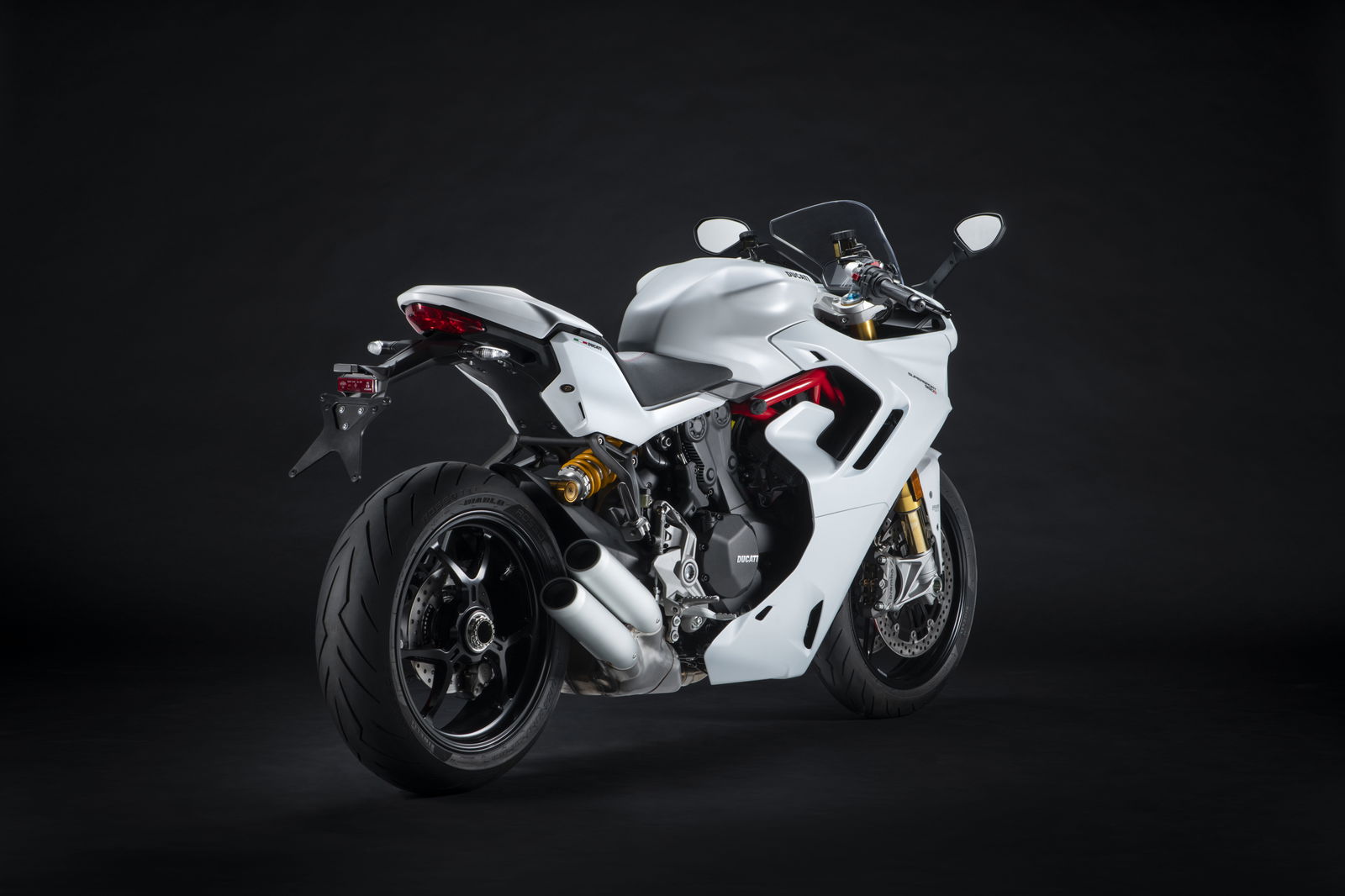






Comments
The gov should have announced plans or mandates for accessible charging for everyone (apartment charging, streetside charging, etc) along with this ban. That is, if they don’t plan on pushing the date to 2035.
I do think that electrical cars in general will cross the <$100/kwh holy grail in the mean time. 10 years ago, the Tesla Model S didn’t even exist. Battery tech is advancing at quite a brisk pace, so it would not be insane to think that an EV could be cost competitive (without subsidies) with a gas car by that time. All those cars will need a vast charging infrastructure, which is something the gov needs to enforce.
I’d just eat a bullet or emigrate if I was in england
This is why I like living in America
In Norway it will happen in 2025.
But it’s already hell with ICE cars here(I know some places have it worse, but it’s not good here)
Cars costs almost twice ass much here. And performance cars costs almost triple due to power and fuel consumption. And we got the highest gas prices in Europe(even doe were one of the largest exporters), and we got high road taxes and have to pay money to drive into cities.
But electric cars costs the same as they do in the rest of the world. So for us they are cheap and very economical to run. That’s why everyone drives a Tesla here. But the cold weather takes it’s toll on the battery range.
(A Golf in Norway costs as much as a Mistang Gt in America)
what about the poorer people, the ones who might just not be able to afford an electric vehicle or the increasing fuel prices as a result.